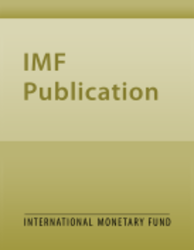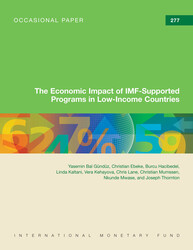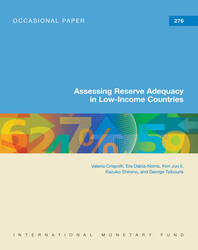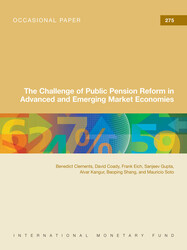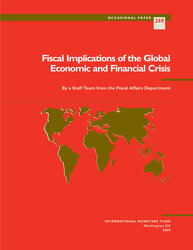
Fiscal Implications of the Global Economic and Financial Crisis
The economic and financial crisis is affecting the fiscal accounts of virtually every country. Public sector support for the financial system, fiscal stimulus and the automatic stabilizers, as well as the revenue decline from the downturn in commodity and asset prices, are leading to sharp increases in deficits and debt stocks around the world. Expansionary fiscal policy continues to be necessary in the short term to stimulate economic recovery. But it is now essential that governments reassess the state of their public finances in light of the global crisis and adopt strategies that will ensure medium- and long-term fiscal sustainability. Many of the advanced economies most affected by the crisis are also those where age-related spending will increase markedly in the coming years, adding particular urgency to the need to identify medium-term consolidation strategies. This new paper, which focuses mainly on advanced and emerging market economies, employs projections based on the April 2009 World Economic Outlook to quantify the fiscal implications of the crisis for a cross-section of countries. The authors assess the post-shock fiscal balances and debt outlook, and suggest ways for governments to clarify their strategies for maintaining fiscal solvency.
Publication date: September 2009
ISBN: 9781589068506
$33.00
Add to Cart by clicking price of the language and format you'd like to purchase
Available Languages and Formats
| English |
Topics covered in this book
This title contains information about the following subjects.
Click on a subject if you would like to see other titles with the same subjects.
Banks and Banking , Economics- Macroeconomics , Public Finance , financial sector , deposit insurance , pension , fiscal balance
Summary
Copyright © 2010 - 2026
Powered by:
AIDC
